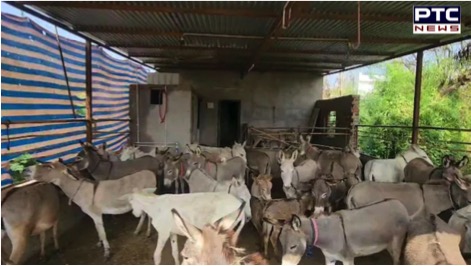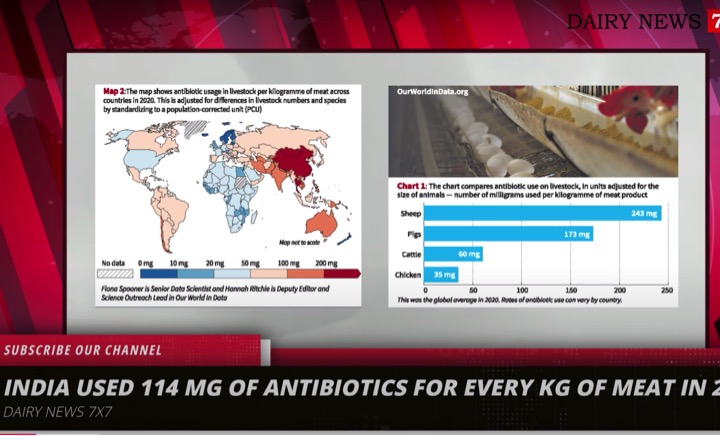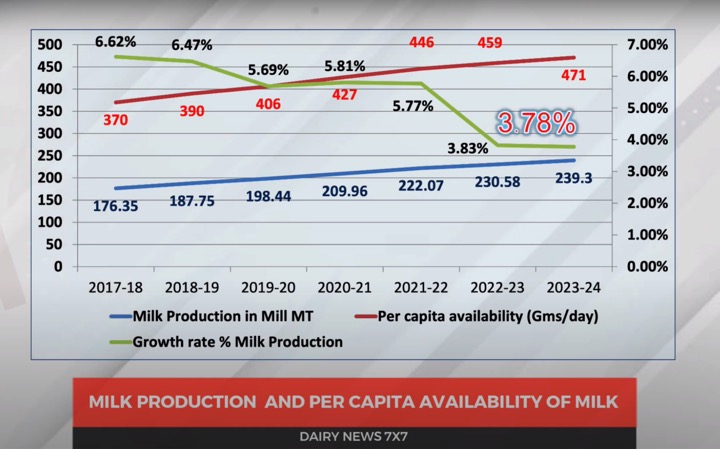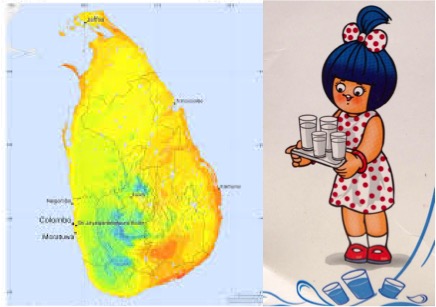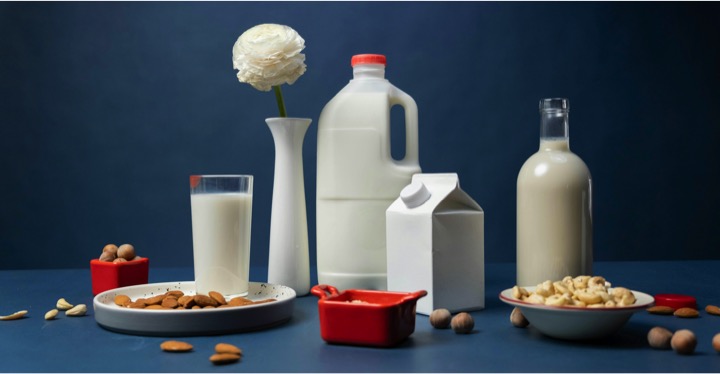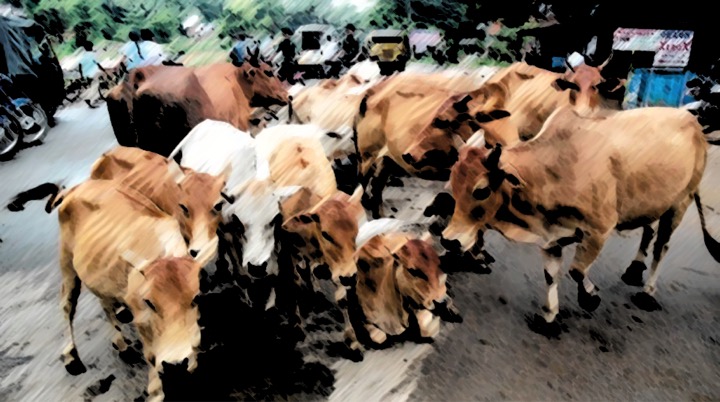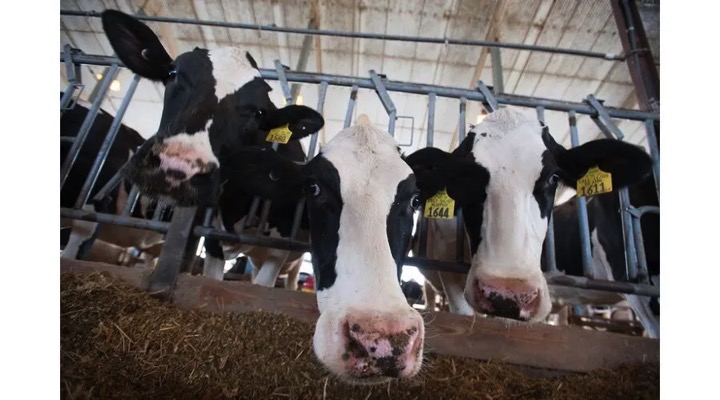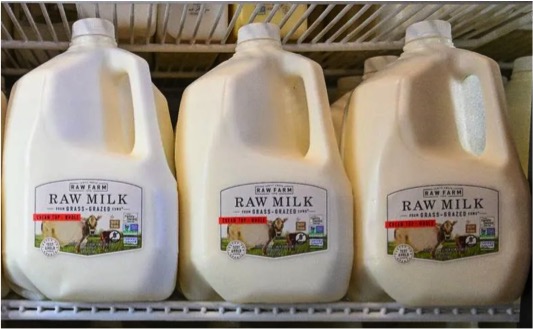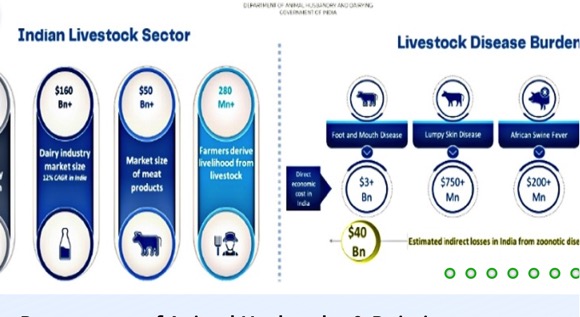Dhiren Solanki, hailing from Gujarat, has established a donkey farm comprising 42 donkeys. Through supplying donkey milk to clients in the southern states, he achieves a monthly income ranging from Rs 2 to Rs 3 lakh.
For centuries, donkeys have been synonymous with laborious toil and often overlooked for their contributions. However, Solanki’s farm is rewriting this narrative, with donkey milk fetching a whopping 70 times the price of traditional bovine milk.
Reflecting on his journey, Solanki recounts his quest for stable employment, which led him to explore unconventional avenues. Learning about donkey rearing in southern India sparked his entrepreneurial spirit, prompting him to establish the farm in his village eight months ago with an initial investment of Rs 22 lakh and 20 donkeys.

Initially met with challenges due to the lack of demand for donkey milk in Gujarat, Solanki persevered and sought opportunities in southern markets. His strategic outreach efforts paid off, securing contracts with companies in Karnataka and Kerala, particularly in the cosmetics industry, where donkey milk is prized for its skincare benefits.
Highlighting the premium pricing, Solanki reveals that donkey milk commands rates ranging from Rs 5,000 to Rs 7,000 per liter, a stark contrast to the Rs 65 per liter for cow milk. To ensure freshness, the milk is meticulously stored in freezers and is also processed into powdered form, fetching prices upwards of Rs 1 lakh per kilogram.
With an investment of Rs 38 lakh and 42 donkeys, Solanki’s farm has flourished independently of state assistance. However, he advocates for government support to further develop this burgeoning sector, recognising its potential for growth and innovation.
Rediscovering the benefits of Donkey Milk
Donkey milk, once revered in ancient times and rumored to have been a favorite of Egyptian queen Cleopatra, is experiencing a resurgence in recognition for its numerous health benefits. Greek physician Hippocrates, known as the father of medicine, reportedly prescribed donkey milk for a range of ailments including liver problems, nosebleeds, poisonings, infectious diseases, and fevers.
Despite its historical significance, the popularity of donkey milk waned over time, only to be rediscovered by scientists who recognized its potential. However, its availability remains limited, contributing to its premium pricing.
Recent studies have shed light on the unique composition of donkey milk, which closely resembles human milk compared to cow milk. This similarity makes it an excellent alternative for infants, particularly those with cow milk allergies. Moreover, donkey milk has been found to play a beneficial role in regulating intestinal microflora, promoting better gut health.
Further research suggests that donkey milk may possess immunity-boosting properties and anti-diabetic qualities. Additionally, its higher shelf life, attributed to the absence of certain pathogens found in other milk varieties, adds to its appeal.


